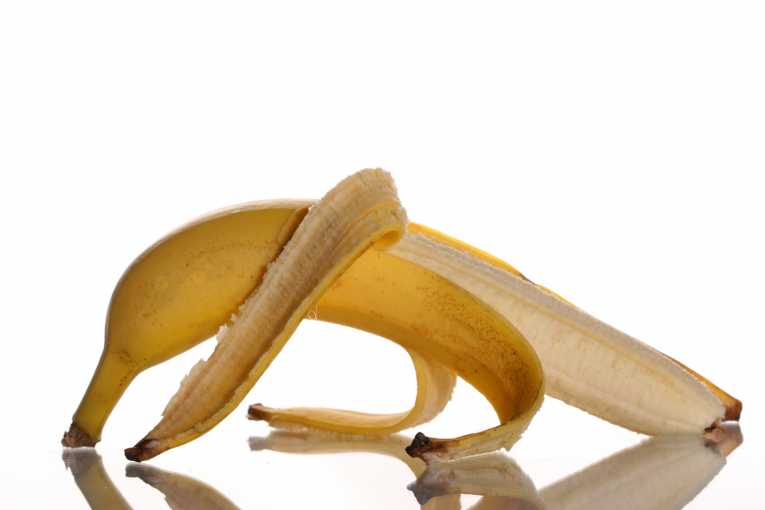Banana skins may quickly find homes in the compost bin for many - but a new study from Brazilian scientists has demonstrated that purifying water is one of the banana's hidden talents. Researchers from the Department of Chemistry and Biochemistry, in Sao Paulo, have tested minced banana peel on water laced with lead and copper, and found it performs better than many other materials. That could be a real boon to water sanitation in developing countries, say the researchers in the latest Industrial & Engineering Chemistry Research.
Clean drinkable water is seen as a fundamental right in the developed world, but it is still notably absent for many communities in the majority world. With natural water courses and wells often contaminated by heavy metals, or pesticides, the health consequences for using untreated water can be grim. That has led to a lot of attention being paid to water purifying technologies, that can be used in situ to clean up such waters.
The problem with these solutions is that they are often expensive, or difficult to get hold of. And some of the chemicals used in their construction are themselves dangerous. So using a little lateral thinking to find local solutions to local problems, fieldworkers have proposed using widely available wastes, such as coconut fibers or peanut shells, to filter water. This gets round issues of money and logistics that often trip up over-complex solutions from developed-world organizations
With no pun intended, banana skins seemed like another candidate ripe for testing as water purifiers, to Gustavo Castro and his colleagues. They were particularly concerned to investigate the ability to filter out lead and copper from drinking waters; these are often found in excessive quantities in the run-off from mining operations, industrial processes and some farming practices.
The results of their work on minced banana peel showed this widespread tropical fruit was remarkably effective at removing lead and copper. It bested the performance of other similar materials, and could be reused up to 11 times without affecting its water-purifying capabilities. With their low cost, and abundance, it could be that banana skins will soon shift from slippery hazard to water-hazard remover for many at-risk communities.















